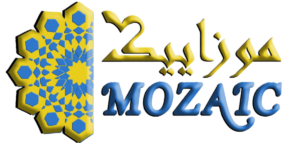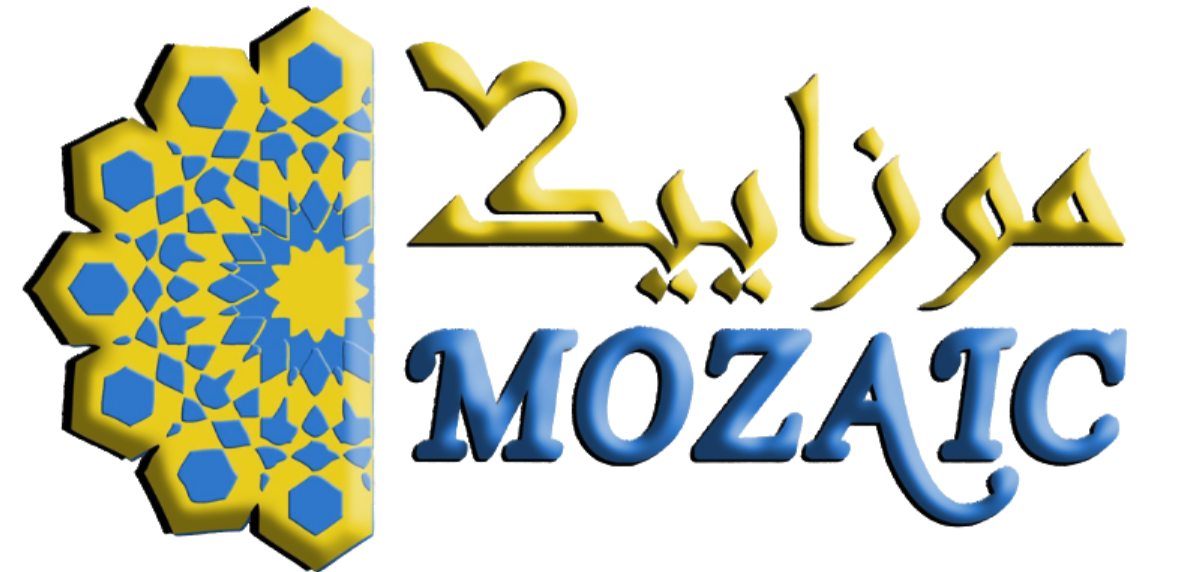Mother’s Prayer
Before I learned that I was pregnant, I had a dream about my son. I saw him standing there with a beautiful smile hugging his older sister. But, before I could even meet my little man, fear welled up within me. I was gripped by the unforgiving circumstances that he would face as a brown, Muslim boy. I wondered if the world would label him or scrutinize him because he possesses an Arabic name. Would my son be free to grow out a beard and feel safe? What might it be like for him to travel at the airport, or undergo a routine traffic stop by police? I was sick with worry that the color of my son’s beautiful skin would cause people to keep their distance or treat him unfairly. Worse, I wondered if his life would ever be at stake due his ethnicity. Since giving birth to my son these pre-motherhood fears have not ceased, especially in a post-9/11 America in which the Muslim community lost our sense of peace that we once enjoyed.
All of us moms sense peace when our children return to us safely. Our prayers are with our kids in case they encounter a comprising or vulnerable situation. Lately, I have been thinking about African American mothers who have lost their children or male relatives to police brutality. How a fear they once had has become their worst reality.
African Americans throughout American history have suffered at the hands of oppressors without justice. Dating back to legalized slavery, African Americans have been the subject of horrible practices such as lynching, sexual assault, and not to mention the direct effort to breaking family. While we as Americans have been awakened and have come far for equality, recent facts remind us that the road is just the beginning and is still not paved for our African American community. They are still facing systematic racism both on micro and macro levels every day.
We must realize that as a community and a nation we will not be unable to thrive and be successful, if parts of our community are enduring pain, especially at the hands of law enforcement. A child of any color should be able to walk around any neighborhood in America and feel safe and have the same respect given to him as his peers. A recent study echoes the reality of today, conducted by the National Academy of Sciences on police shootings from 2013-2018, African American men were 2.5 times more likely to be killed by the police compared to Caucasian men. African American women are 1.4 times likely to be killed than women. https://www.washingtonpost.com/graphics/2020/opinions/systemic-racism-police-evidence-criminal-justice-system/ . The biases and prejudices are not just in the criminal justice system; they are integrated in so many institutions. For example, African American women experience traumatic aftermath of racial weathering during childbirth and are chromosomally older than Caucasians women by seven years. Imagine, at the most emotional time of women’s life where there are highs of happiness, racial inequality still dawdles. A longitudinal study spanning two decades and including a large sample size of 1.8 million hospitals found that African American newborns are three times more to die compared to their Caucasian peers when they are cared by Caucasian physicians. If cared for by African American physicians, the mortality rate for African American babies was roughly cut in half. Even at birth, the ripple effect of racism still resonates (https://www.sciencenews.org/article/black-newborn-baby-survival-doctor-race-mortality-rate-disparity).
The disparity of racial inequality in institutions needs to be reduced so as a community we can strive towards a successful nation. Perhaps if we start examining the biases that African Americans face daily both on micro and macro level and find ways to revamp institutions through education and training, we may be able to cease such devasting consequences.
The cultural, racial, and religious differences that make up are nation should be the string that keep us together as a society. However, we must ponder the words that once were said by Dr. Martin Luther King Jr, “Injustice anywhere is a threat to justice everywhere.” The gravity of those words has been never been as true as they are today. Society and individuals need to be proactive. A movement in response to police brutality is the Black Lives Matter movement. A massive movement that has been founded by community organizers has given those unheard voices, a platform – it has united communities together to build a world free of anti- Blackness, “where every Black person has the social, economic and political power to thrive” Some other type of nonviolent movements includes athletes who have “taken a knee” and recently there has been talk of the players shutting down National Basketball Association playoffs entirely to get the message across. The power of these movements have altered the way people in power have responded, investigations have been quick to happen and in some instances officers who have been involved have been named, charged or fired faster than ever than they had ever been before. We are indeed headed the right way, the path that once was not paved is becoming a little smoother, but so much work is yet to happen. The implementations of regulations that echo equality in organizations is the change we need to see. Perhaps then, us mothers can start living a less fearful life for our children and not question the ethnic names we may choose or worry about any comprising encounters that they might encounter. As Jacob’s Blake’s mother reflected in a news conference about the shooting of her son by police officers, “We need healing. As I pray for my son’s healing — physically, emotionally, and spiritually — I also have been praying even before this for the healing of our country… Let’s use our hearts, our love, and our intelligence to work together, to show the rest of the world how humans are supposed to treat each other. America is great when we behave greatly.”
By: Tooba Malik

